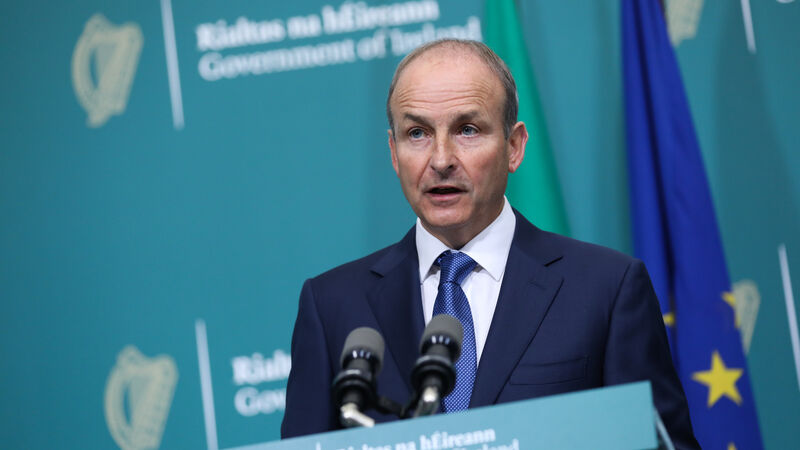Taoiseach admits Anglo-Irish relations strained after Brexit

Taoiseach Micheál Martin said Brexit fundamentally altered the EU-UK relationship. File picture
There are “troubling challenges” in the Anglo-Irish relationship following Brexit and the continued impasse over the Northern Ireland protocol, Taoiseach Micheál Martin has said.
Speaking at a British-Irish Association event in Oxford, Mr Martin also said there needed to be progress on the legacy issues of the Troubles, to allow the families of victims to achieve closure.











